 There is a relationship that develops between the reader and the writer, or more specifically, the reader and the writer's words. How you treat the reader and this relationship is one of the most important decisions you can make as a writer. Do you trust in your own work? In how it will be received and interpreted? Or do you feel that you have to lay out every single detail. Often if you don't trust in your words you'll end up writing dialogue like this:
There is a relationship that develops between the reader and the writer, or more specifically, the reader and the writer's words. How you treat the reader and this relationship is one of the most important decisions you can make as a writer. Do you trust in your own work? In how it will be received and interpreted? Or do you feel that you have to lay out every single detail. Often if you don't trust in your words you'll end up writing dialogue like this:
He gently ran his fingers across the marble tabletop. "That's a gorgeous table," he said, happily.
What this sort of adverbial description shows is that you don't quite trust the reader to receive the message so you tell them exactly what is happening. But it's important to remember that this is a give and take relationship and that the reader is paying very close attention to what you're writing. So instead you could create the scene this way:
He gently ran his fingers across the marble tabletop. "That's a gorgeous table," he said.
Only the word happily has been dropped from the scene. But because of that, the reader does the work. They assume that the "gorgeous" statement is made in a positive manner. They know this because he gently ran his fingers across the table. It indicates what his feelings are about the table.
As the writer one aspect of your job is to get the reader to do much of the work. It's the perfect relationship that way. Yeah, you might have some heavy lifting to do, but they should be lifting along with you. Or, for that matter, if you're painting a beautiful portrait of a scene with words, let them finish the painting. Don't give them every single detail, slowing down the story. Pick the pertinent details. They will automatically create the rest of the scene.
Everyone was gone, but Robert sensed a presence. At the landing he peered around the corner, saw nothing but the kitchen table, the tall, red vase by the window, and a cloth flour bag on the counter. The De Laval cream separator, with all its bowls and pipes, loomed on the cupboard like a Martian instrument of torture.
Notice that this doesn't describe the floor. But you likely pictured it because...well...kitchens have floors. Nor is the colour of the cupboard mentioned. Though you likely filled that little detail in. And by reading about a cloth flour bag on the counter your brain may have been twigged to the fact that this is written in the past.
This could have easily been:
Everyone was gone, but Robert sensed a presence. At the landing he peered around the corner, saw nothing but the old, tired-looking kitchen table with its four spindly legs, the wooden floor, the tall, red vase by the dirty window, and a grey and torn cloth flour bag on the green counter. The massive De Laval cream separator, with its three bowls and seven pipes, loomed on the cupboard like a giant and frightening Martian instrument of torture.
The reader doesn't need all that extra info. Our job is to get ride of the distractions in the scene. And then we let the reader finish the painting. It's their job, really.
Art




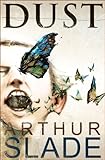

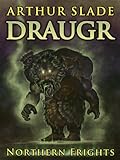
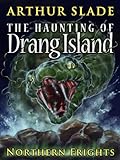
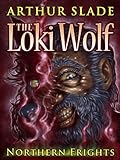
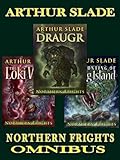
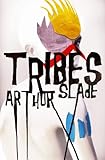
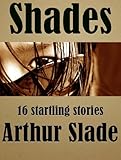







 It turns out the doomsday theorists were right. The world will end.
Not today. Or tomorrow. They just had the timing a little bit off. In 4 to 7.9 billion years the sun will become a red giant. No, this is not a character from D&D with a thousand hit points (though that would be awesome). It means the sun will blush, turn red and slowly expand outwards as if it had just consumed 10 trillion turkeys. Speaking of consuming things, this giant red star will either consume the Earth or the Earth will be knocked to a more distant orbit. No, the Earth won't go flying around the galaxy like the moon did in Space 1999. That was a TV show.
It turns out the doomsday theorists were right. The world will end.
Not today. Or tomorrow. They just had the timing a little bit off. In 4 to 7.9 billion years the sun will become a red giant. No, this is not a character from D&D with a thousand hit points (though that would be awesome). It means the sun will blush, turn red and slowly expand outwards as if it had just consumed 10 trillion turkeys. Speaking of consuming things, this giant red star will either consume the Earth or the Earth will be knocked to a more distant orbit. No, the Earth won't go flying around the galaxy like the moon did in Space 1999. That was a TV show.